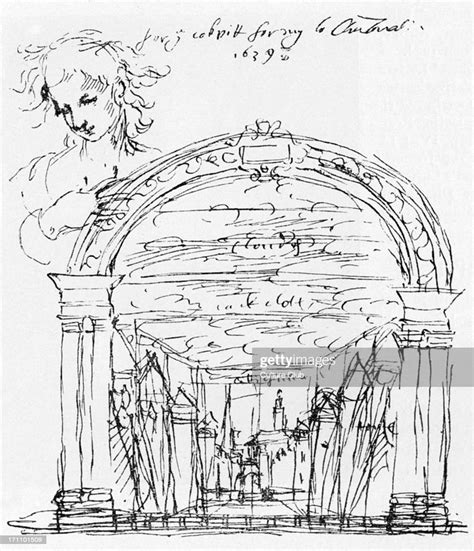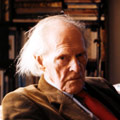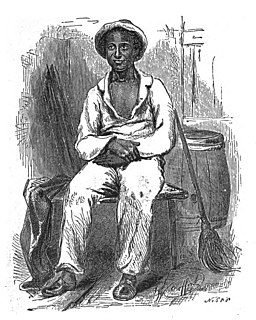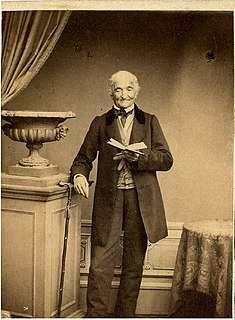A Quote by William Habington
No distinction is 'tween man and man,
But as his virtues add to him a glory
Or vices cloud him.
Related Quotes
This sutra enjoins a rule of morality. It says nobody should be disrespected. A man can impress evdrybnody by his virtues. Disrespecting others means downfall of our own virtues. A person who disrespects others, in a way disrespect himself. A virtuous man does not disrespect his friend or vevn his enemy. Disrespect to enemy can investigate him toreact. The best thing is to destroy him completely. For a ruler this is very important.
The average man is what his environment and his superstitions have made him; and their function is to make him an ass. He can't add up three or four new circumstances together and perceive what they mean; it is beyond him. He is not capable of observing for himself; he has to get everything at second-hand. If what are miscalled the lower animals were as silly as man is, they would all perish from the earth in a year.
The patient man is merry indeed.... The jailers that watch him are but his pages of honour, and his very dungeon but the lower side of the vault of heaven. He kisseth the wheel that must kill him; and thinks the stairs of the scaffold of his martyrdom but so many degrees of his ascent to glory. The tormentors are weary of him. the beholders have pitty on him, all men wonder at him; and while he seems below all men, below himself, he is above nature. He hath so overcome hlmself that nothing can conquer him.
A man may have lived all of his life in the gray, and the land and trees of him dark and somber. The events, the important ones, may have trooped by faceless and pale. And then-the glory-so that a cricket song sweetens his ears, the smell of the earth rises chanting to his nose, and dappling light under a tree blesses his eyes. Then a man pours outward, a torrent of him, and yet he is not diminished.
What men and women need is encouragement. Their natural resisting powers should be strengthened, not weakened ... Instead of always harping on a man's faults, tell him of his virtues. Try to pull him out of his rut ... Hold up to him his better self, his real self that can dare and do and win out! ... People radiate what is in their minds and in their hearts.
At such times, the heart of man turns instictively towards his Maker. In prosperity, and whenever there is nothing to injure or make him afraid, he remembers Him not, and is ready to defy Him; but place him in the midst of dangers, cut him off from human aid, let the grave open before him, then it is, in the time of his tribulation, that the scoffer and unbelieving man turns to God for help, feeling there is no other hope, or refuge, or safety, save in his protecting arm.
The poet's, the writer's, duty is to write about these things. It is his privilege to help man endure by lifting his heart, by reminding him of the courage and honor and hope and pride and compassion and pity and sacrifice which have been the glory of his past. The poet's voice need not merely be the record of man, it can be one of the props, the pillars to help him endure and prevail.
The man who has given himself to his country loves it better; the man who has fought for his friend honors him more; the man who has labored for his community values more highly the interests he has sought to conserve; the man who has wrought and planned and endured for the accomplishment of God's plan in the world sees the greatness of it, the divinity and glory of it, and is himself more perfectly assimilated to it.







































